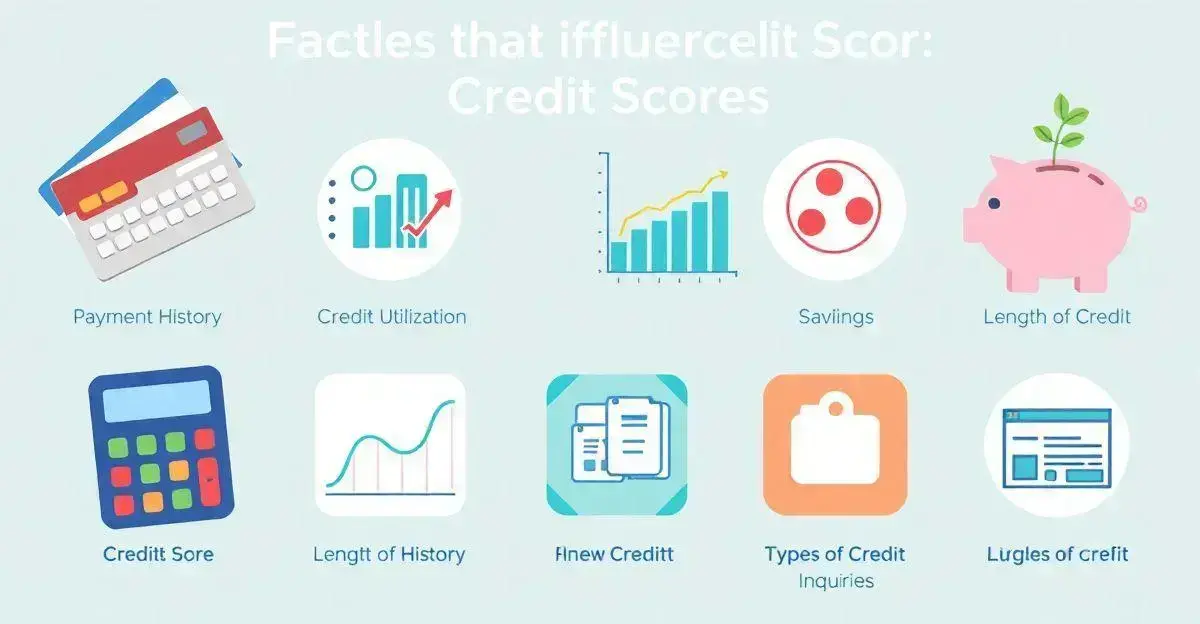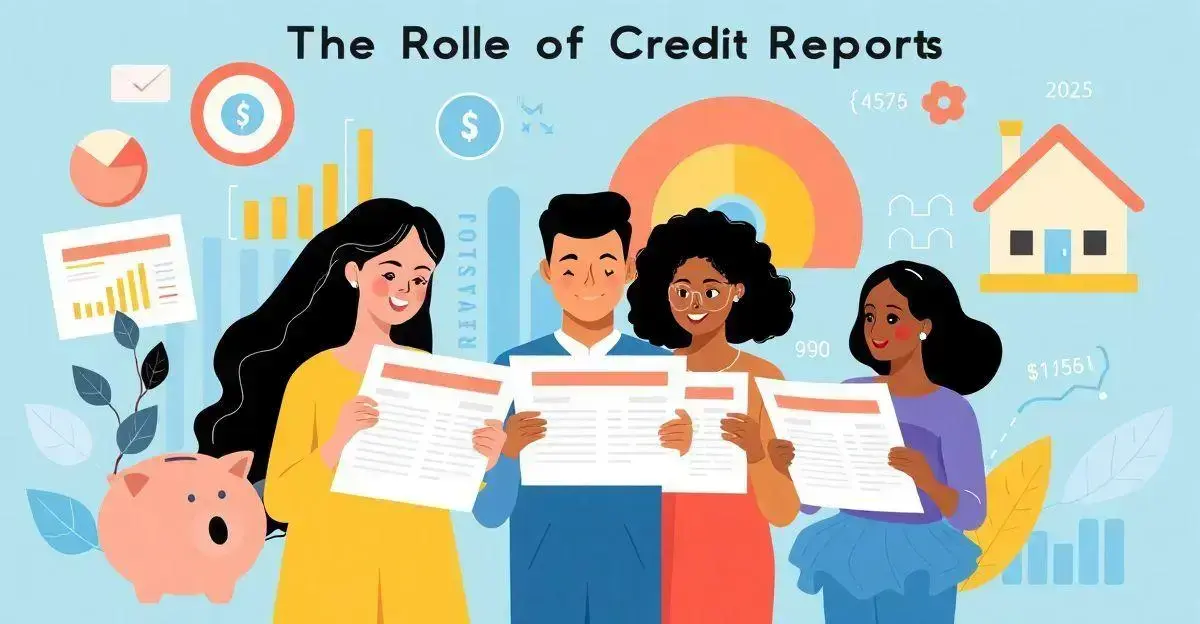To build and improve your credit score, it’s vital to understand how it works from the start. Your score impacts key aspects of your financial life, like getting approved for loans or securing better rates.
By focusing on important factors—such as making timely payments and managing your credit utilization—you can steadily boost your score. It’s all about making smart financial choices that pay off in the long run.
Curious about how to take charge of your credit score and unlock new financial possibilities? Keep reading to learn practical tips that can make a real difference!
Understanding Credit Scores
To build and improve your credit score, understanding credit scores is crucial for anyone looking to manage their finances effectively.
A credit score is a number that represents the creditworthiness of an individual, influencing lenders’ decisions on whether to approve loans, credit cards, or mortgages. Scores typically range from 300 to 850, with higher scores indicating better credit.
The three major credit bureaus—Equifax, Experian, and TransUnion—compile your credit report, which is used to calculate your score. This report includes information about your payment history, the amount of debt you owe, the length of your credit history, types of credit in use, and new credit inquiries.
A strong credit score can save you money through lower interest rates and better loan terms. Conversely, a low score may lead to higher rates or outright denial of credit applications. Therefore, it’s essential to understand the factors that can positively or negatively impact your score and take proactive steps to improve it.
Factors That Influence Your Credit Score

Several factors influence your credit score, affecting your financial opportunities and your ability to build and improve your credit score. The first is your payment history, which shows if you’ve paid your bills on time. This aspect accounts for about 35% of your score, and late payments can significantly lower your rating.
The second factor is your credit utilization ratio. This ratio measures how much credit you are using compared to your total available credit. Keeping this ratio below 30% is advisable to maintain a healthy score.
The length of your credit history plays a role as well. A longer history generally results in a higher score, showing lenders that you’ve responsibly managed credit over time. Types of credit also matter. Having a mix of credit cards, installment loans, and mortgages can positively influence your score by demonstrating your ability to handle different types of credit.
Lastly, new credit inquiries can have a temporary negative impact. Each time you apply for credit, a hard inquiry is made, which can slightly lower your score. It’s important to only apply for credit when necessary.
Tips to Build Your Credit History
Building a solid credit history is essential if you want to build and improve your credit score. Start by opening a credit card or a small loan, as having credit accounts helps establish your history. Make sure to make all payments on time, as this will reflect positively on your credit report.
Next, keep your credit utilization low. Aim to use less than 30% of your available credit limit. This demonstrates to lenders that you can manage your credit wisely. Avoid closing old accounts, even if you don’t use them, since a longer credit history contributes positively to your score.
If you’re new to credit, consider becoming an authorized user on a family member’s credit card. This can help you build credit by benefiting from their positive payment history. Just ensure that the primary cardholder has a good credit history.
Lastly, regularly check your credit report for errors and dispute any inaccuracies. Incorrect information can damage your score, so it’s vital to ensure your report reflects your true credit history.
Mistakes to Avoid for a Better Score

To build and improve your credit score, avoid certain common mistakes. One major mistake is missing payments. Late payments can drop your score significantly, so always pay your bills on time. Set up reminders or automatic payments to help with this.
Another error is maxing out your credit cards. High credit utilization can hurt your score. Keep your usage below 30% of your limit. Use your cards but pay them off each month to show responsible credit usage.
People often apply for too much credit at once, leading to multiple hard inquiries. Each inquiry can lower your score. Be selective about new credit applications and only apply when necessary.
Additionally, ignoring credit reports is a mistake. Regularly check your reports for errors. If you find inaccuracies, dispute them promptly. They can impact your score without you realizing it.
Lastly, closing old credit accounts can also be detrimental. These accounts contribute to your credit history length, which is good for your score. Keep them open, especially if they’re in good standing.
How to Improve Your Credit Utilization
mproving your credit utilization is crucial for maintaining a good credit score and helping you build and improve your credit score. This ratio measures how much credit you’re using compared to your total available credit. To improve it, aim to keep your utilization below 30%.
One effective way to achieve this is by paying off your credit card balances in full each month. This not only keeps your utilization low but also prevents interest charges from accruing. If you cannot pay the full balance, try to pay more than the minimum payment to gradually reduce your debt.
Another strategy is to increase your overall credit limit. This can lower your utilization rate as long as you don’t increase your spending. You can request a credit limit increase from your card issuer, but ensure you maintain a good payment history before doing so.
Consider using multiple credit cards for purchases instead of relying on one. This can help distribute your balance across different accounts, improving your utilization ratio. However, be cautious not to overspend.
Regularly check your credit report for any errors that might incorrectly inflate your utilization. Disputing inaccuracies can help give you a clearer picture of your credit standing.
The Role of Credit Reports

Your credit report is a vital document that provides a detailed overview of your credit history. It includes information such as your personal details, account information, payment history, and any public records like bankruptcies.
Understanding your credit report is essential for managing your credit effectively and can help you build and improve your credit score. Credit reports are generated by three major credit bureaus: Equifax, Experian, and TransUnion. Each bureau collects data from lenders and creditors, which they use to create your report.
If you apply for credit, lenders will check your report to assess your credit risk. The information in your report helps determine whether you will be approved for loans or credit cards.
Regularly checking your credit report is important because it allows you to see how your actions affect your credit history. You can obtain a free copy of your report once a year from each of the credit bureaus. Look for errors or outdated information and dispute any inaccuracies you find.
Your credit report also provides a summary of your credit utilization, which is crucial for maintaining a good credit score. Keeping track of your report will help you understand where you stand and what you can do to improve your credit.
Long-Term Strategies for Sustained Improvement
Implementing long-term strategies is essential for sustaining improvements in your credit score. Start by establishing a solid payment history. Always pay your bills on time, as this makes up 35% of your credit score. Set reminders or automate payments to never miss a due date.
Next, keep your credit utilization low. Aim to use less than 30% of your total credit limit. If you find yourself nearing this limit, consider paying down your balances during the month, not just at the end. This can help build and improve your credit score over time.
Building a rich credit history is also crucial. Maintain older credit accounts to show your length of credit history. Closing older accounts can negatively affect your score, so keep them open, even if you don’t use them.
Regularly check your credit report for inaccuracies. Disputing errors can help improve your score, as incorrect information can result in a lower score. Aim to check your credit report at least once a year to stay informed.
Frequently Asked Questions about Building and Improving Credit Score
What factors affect my credit score?
Your credit score is influenced by payment history, credit utilization, length of credit history, types of credit used, and new credit inquiries.
How can I improve my payment history?
To improve your payment history, ensure you pay all bills on time. Consider setting up automatic payments to help with this.
What is credit utilization, and why is it important?
Credit utilization is the ratio of your current credit card balances to your credit limits. Keeping this ratio below 30% is key to maintaining a good score.
Why should I check my credit report regularly?
Regularly checking your credit report helps you monitor your credit status, spot errors, and understand what impacts your score.
What common mistakes should I avoid to maintain a good credit score?
Avoid missing payments, maxing out credit cards, and applying for too much credit at once; these can negatively impact your score.
How long does it take to improve my credit score?
Improving your credit score can take time, but with consistent payment habits and responsible credit use, you may see improvements within a few months.
